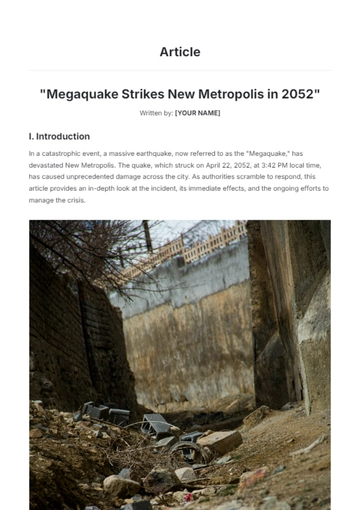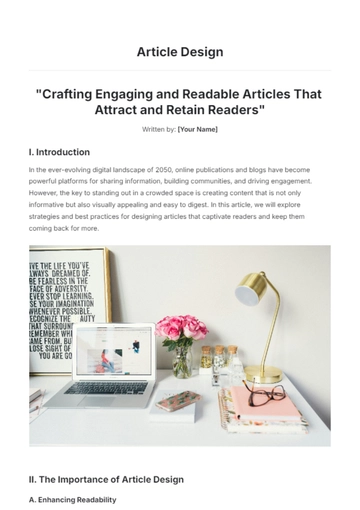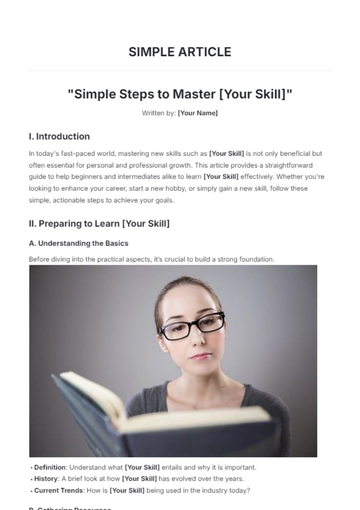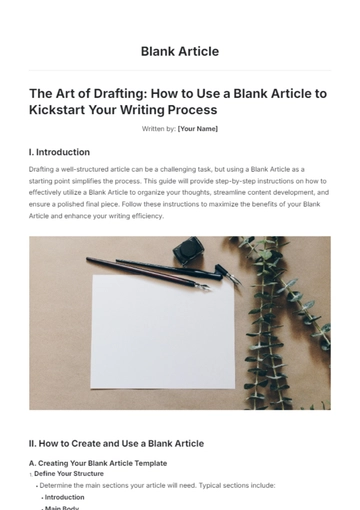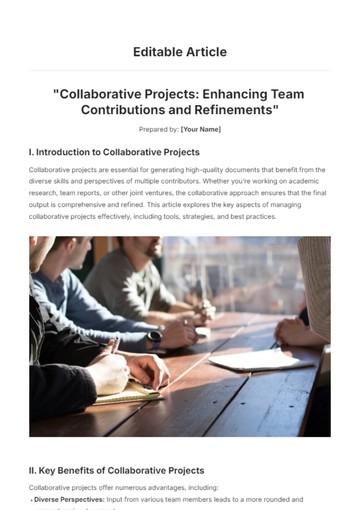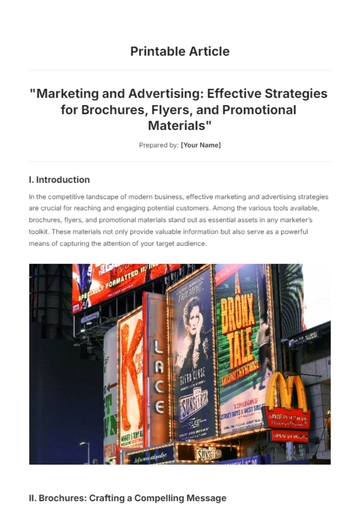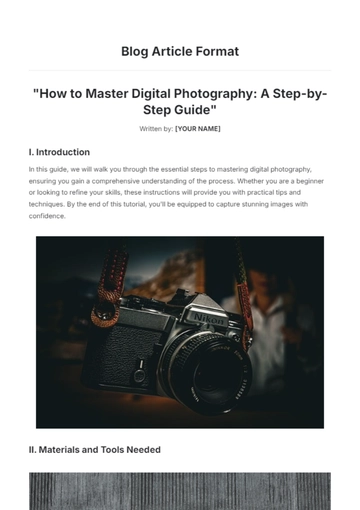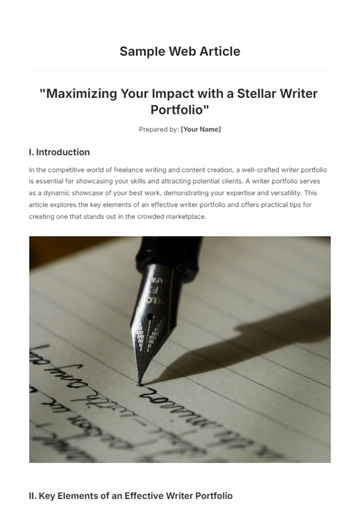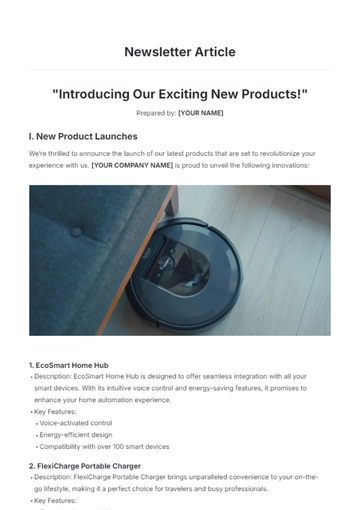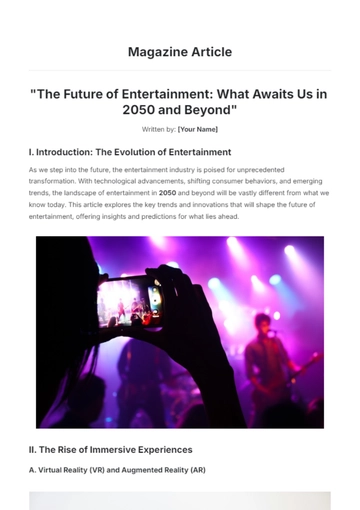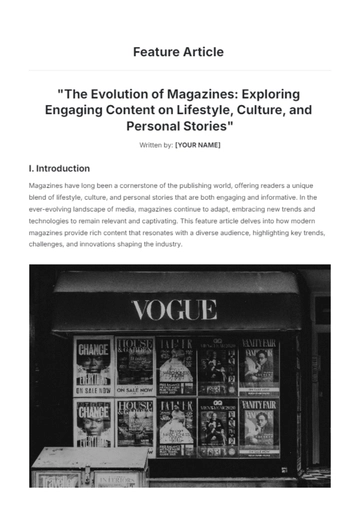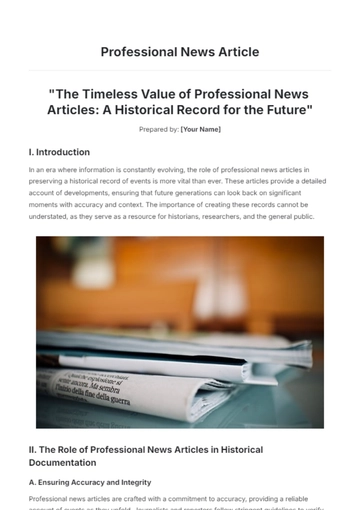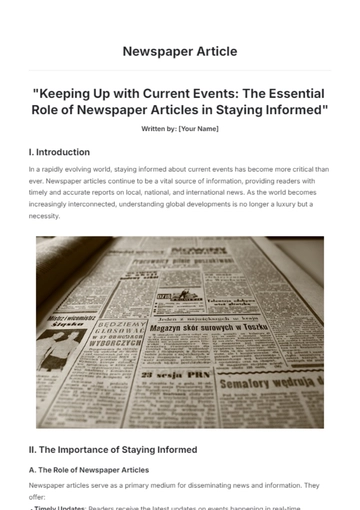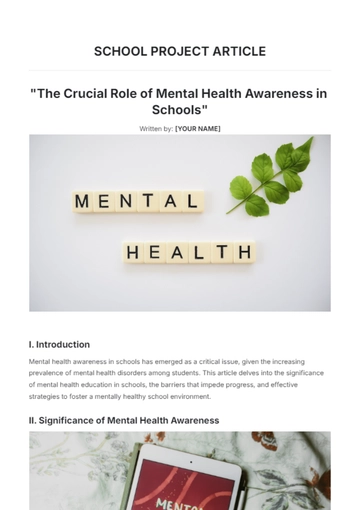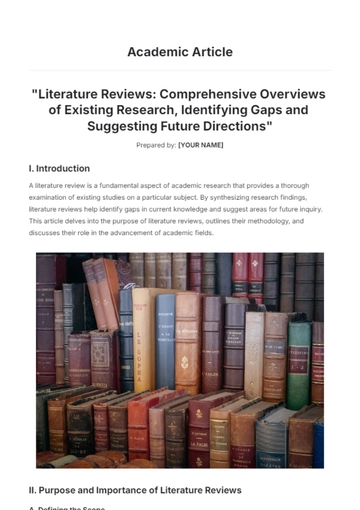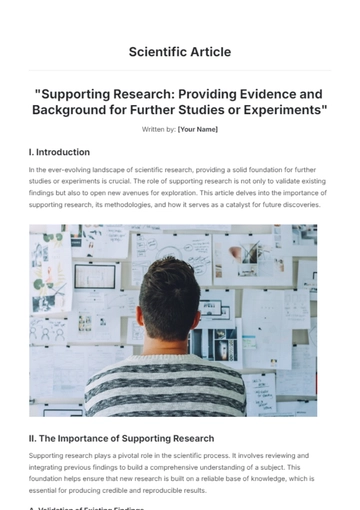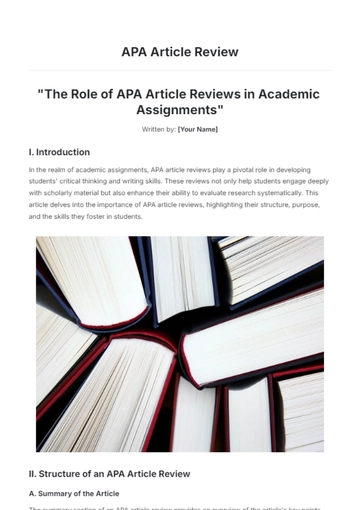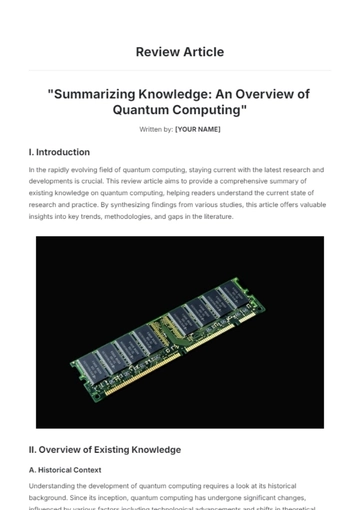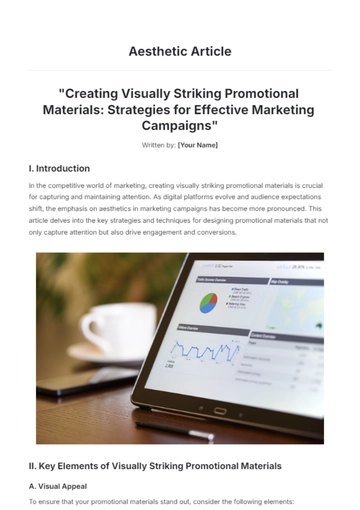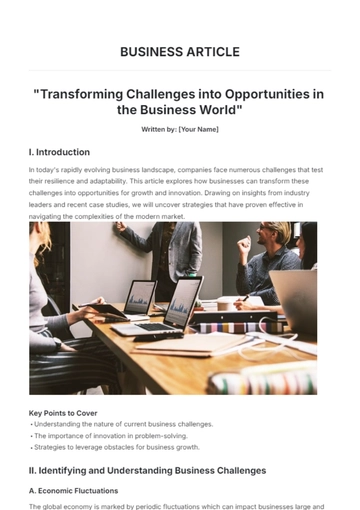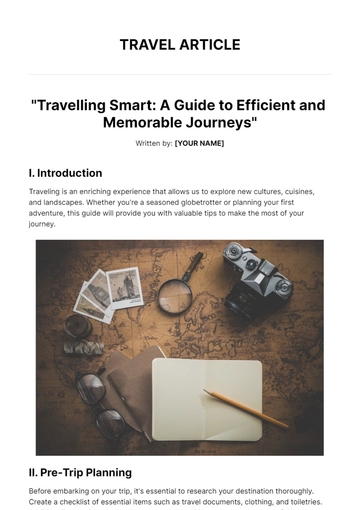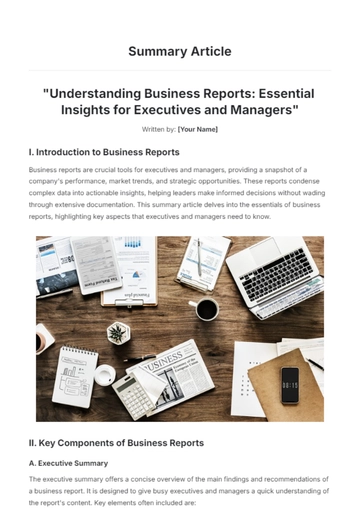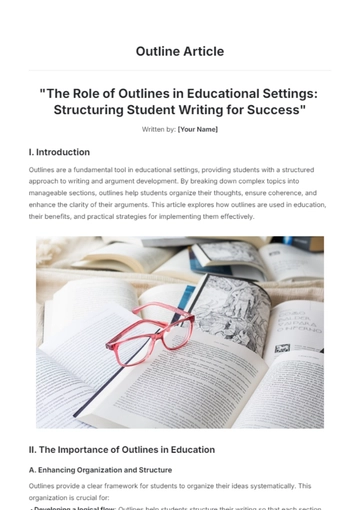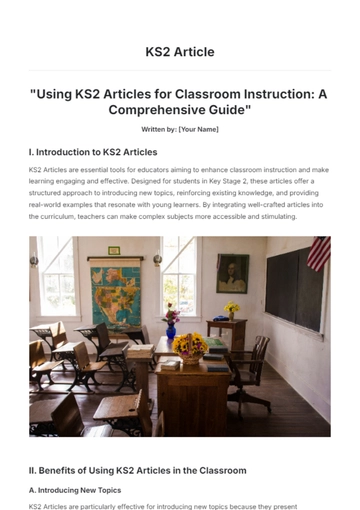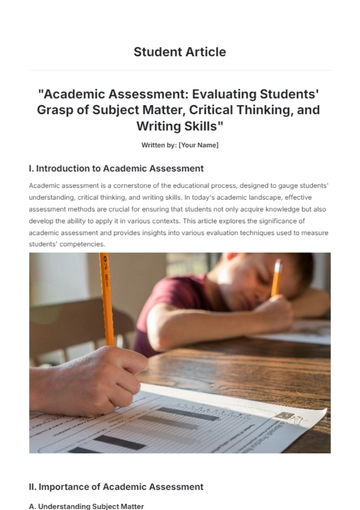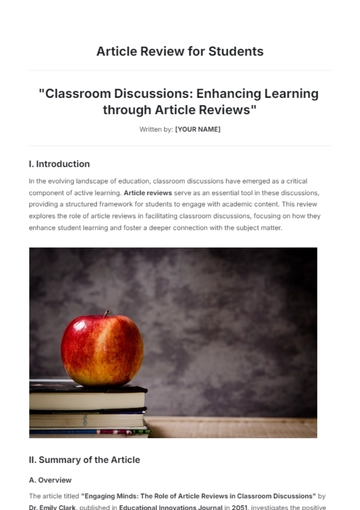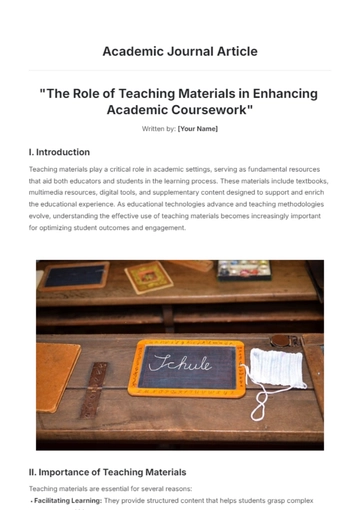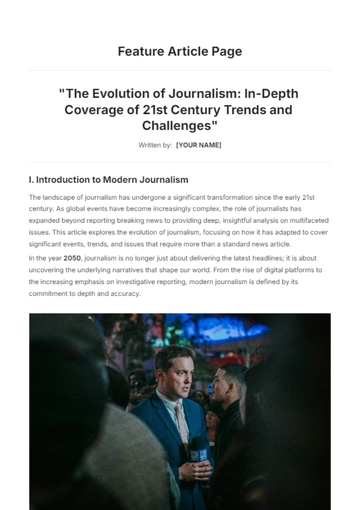Free Nonfiction Article
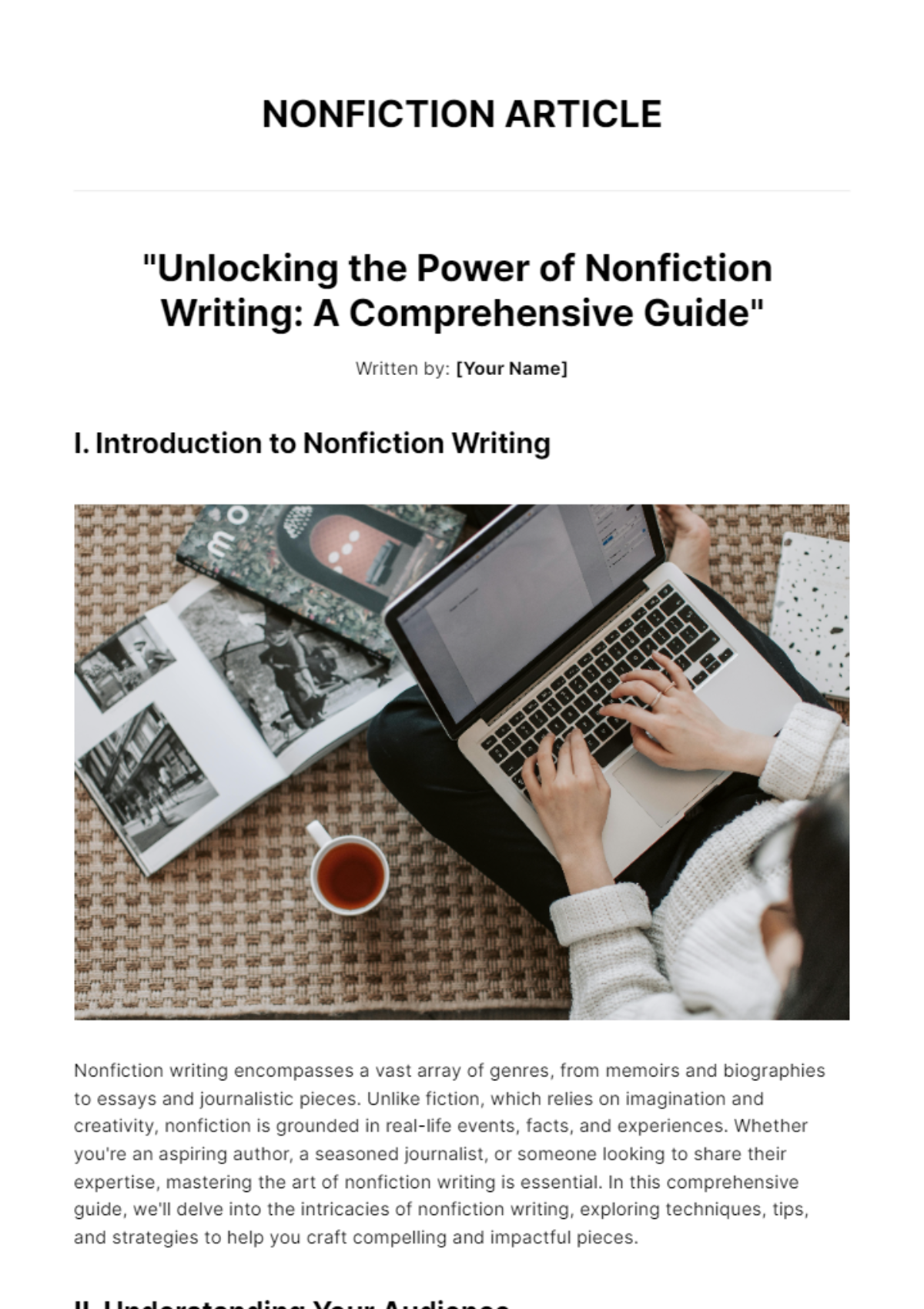
"Unlocking the Power of Nonfiction Writing: A Comprehensive Guide"
Written by: [Your Name]
I. Introduction to Nonfiction Writing

Nonfiction writing encompasses a vast array of genres, from memoirs and biographies to essays and journalistic pieces. Unlike fiction, which relies on imagination and creativity, nonfiction is grounded in real-life events, facts, and experiences. Whether you're an aspiring author, a seasoned journalist, or someone looking to share their expertise, mastering the art of nonfiction writing is essential. In this comprehensive guide, we'll delve into the intricacies of nonfiction writing, exploring techniques, tips, and strategies to help you craft compelling and impactful pieces.
II. Understanding Your Audience
Before embarking on any nonfiction writing project, it's crucial to understand your audience. Who are you writing for? What are their interests, preferences, and needs? Conducting thorough audience research will not only help you tailor your content to resonate with your readers but also guide your writing style, tone, and approach. Whether you're addressing academics, professionals, or the general public, knowing your audience is the cornerstone of effective nonfiction writing.
III. Choosing Your Topic
Selecting the right topic is paramount to the success of your nonfiction piece. Your topic should be relevant, timely, and engaging, capturing the interest of your audience from the outset. Consider your expertise, interests, and passions when brainstorming potential topics. Additionally, conduct market research to identify trending subjects or gaps in existing literature that you can address. Once you've narrowed down your options, evaluate each topic based on its potential impact, uniqueness, and feasibility.
A. Research and Preparation

Before diving into the writing process, thorough research and preparation are essential. Gather relevant data, statistics, and sources to support your arguments and claims. Organize your research materials effectively, outlining key points and identifying potential areas of exploration. Additionally, consider conducting interviews or reaching out to experts in your field to gain valuable insights and perspectives.
B. Structuring Your Piece
Structure is paramount in nonfiction writing, providing clarity and coherence to your ideas. Begin by outlining the main sections of your piece, breaking down complex concepts into manageable chunks. Consider incorporating headings, subheadings, and bullet points to enhance readability and navigation. Your structure should guide readers through your content seamlessly, leading them from introduction to conclusion with ease.
Advanced Tip: Experiment with different structural formats such as the inverted pyramid or narrative arc to add variety and intrigue to your nonfiction pieces.
IV. Crafting Compelling Content
With your research and structure in place, it's time to start writing. When crafting nonfiction content, clarity, accuracy, and authenticity are paramount. Begin with a strong introduction that grabs the reader's attention and sets the stage for what's to come. Then, dive into the body of your piece, presenting your arguments, evidence, and insights in a logical and compelling manner. Use examples, anecdotes, and real-life experiences to illustrate your points and engage your audience on a deeper level.
A. Writing Style and Tone
Your writing style and tone should align with both your subject matter and your audience. Whether you're aiming for a formal, academic tone or a conversational, approachable style, consistency is key. Avoid jargon and overly complex language, opting instead for clear, concise prose that resonates with your readers. Consider the mood and atmosphere you want to create with your writing, adjusting your tone accordingly to evoke the desired emotions and responses.

B. Editing and Revision
Once you've completed your first draft, the editing and revision process begins. Take the time to review your work critically, checking for grammatical errors, clarity issues, and logical inconsistencies. Consider seeking feedback from peers, mentors, or professional editors to gain fresh perspectives and identify areas for improvement. Remember, writing is a process, and revision is an integral part of honing your craft.
V. Conclusion
In conclusion, nonfiction writing is a powerful tool for communication, education, and advocacy. By understanding your audience, choosing the right topic, conducting thorough research, and crafting compelling content, you can create impactful nonfiction pieces that resonate with readers and make a difference in the world. Whether you're writing a memoir, an investigative report, or a thought-provoking essay, the principles and strategies outlined in this guide will help you unlock the full potential of your nonfiction writing endeavors.
- 100% Customizable, free editor
- Access 1 Million+ Templates, photo’s & graphics
- Download or share as a template
- Click and replace photos, graphics, text, backgrounds
- Resize, crop, AI write & more
- Access advanced editor
Introducing the Nonfiction Article Template from Template.net! Craft compelling narratives effortlessly with this editable and customizable tool. Seamlessly tailor your content to perfection, all within our intuitive Ai Editor Tool. Elevate your writing game with structured guidance and unleash your creativity. Write with confidence, every time.
